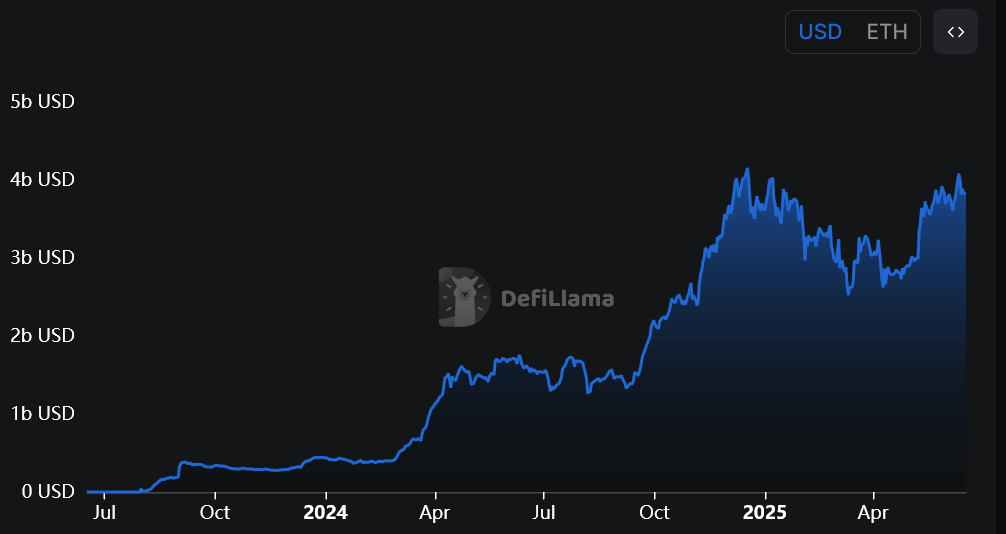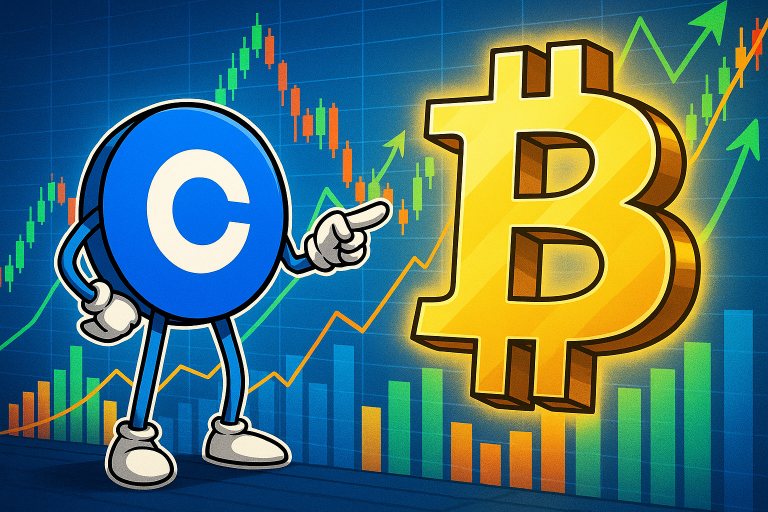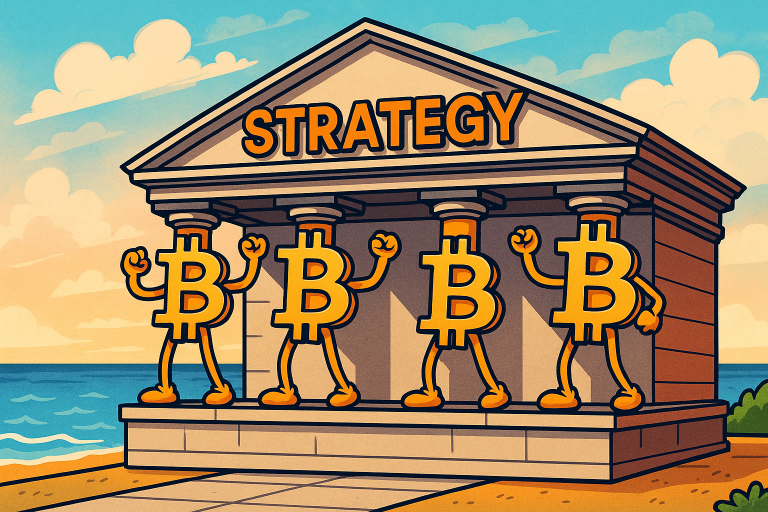
JPMorgan and SEC Discuss Capital Markets Moving to Blockchain
JPMorgan, SEC Meet to Discuss Capital Markets Moving Onchain
JPMorgan executives met with the SEC’s Crypto Task Force to explore how capital markets could shift to blockchain. The talks covered which traditional instruments could move onchain and how to manage the transition.
According to a meeting note shared Tuesday, the discussion focused on the “potential impact of existing capital markets activity migrating to public blockchain.” The groups examined what may change in the current model and how to evaluate the risks and benefits.
JPMorgan also outlined its role in digital assets. This includes its digital financing and debt services platforms, which already handle repurchase agreements — short-term borrowing transactions in financial markets.
The firm is also exploring where it can gain a competitive edge. The goal is to use blockchain to make transactions faster and cheaper while tapping into new revenue streams via tokenized assets.
Three JPMorgan Executives Meet with SEC
The meeting involved three JPMorgan leaders:
- Scott Lucas, head of markets for digital assets
- Justin Cohen, global head of equity derivatives development
- Aaron Iovine, global head of digital asset regulatory policy
All three are senior executives, with Lucas and Cohen serving as managing directors.
JPMorgan Launches JPMD Token Pilot
The SEC meeting came as JPMorgan launched a new token pilot. The firm introduced JPMD, a deposit token running on Coinbase’s Base blockchain.
Once testing is complete, institutional clients on Coinbase will be able to use JPMD for transactions. The pilot is expected to run for several months.
Just one day before the announcement, JPMorgan filed a trademark application for JPMD, detailing services like crypto trading, transfers, and payment processing.

JPMorgan Says No Plans for a Stablecoin — Yet
The trademark filing sparked speculation that JPMorgan may soon issue a stablecoin. But Naveen Mallela, an executive at JPMorgan’s blockchain division Kinexys, told Bloomberg there are no current plans.
Instead, Mallela said deposit tokens are a “superior alternative to stablecoins” for institutional use. He argued that fractional reserve models make them more scalable.
Unlike stablecoins, deposit tokens represent actual dollar deposits held in traditional bank accounts. They stay within the banking system and offer regulated exposure to digital infrastructure.





